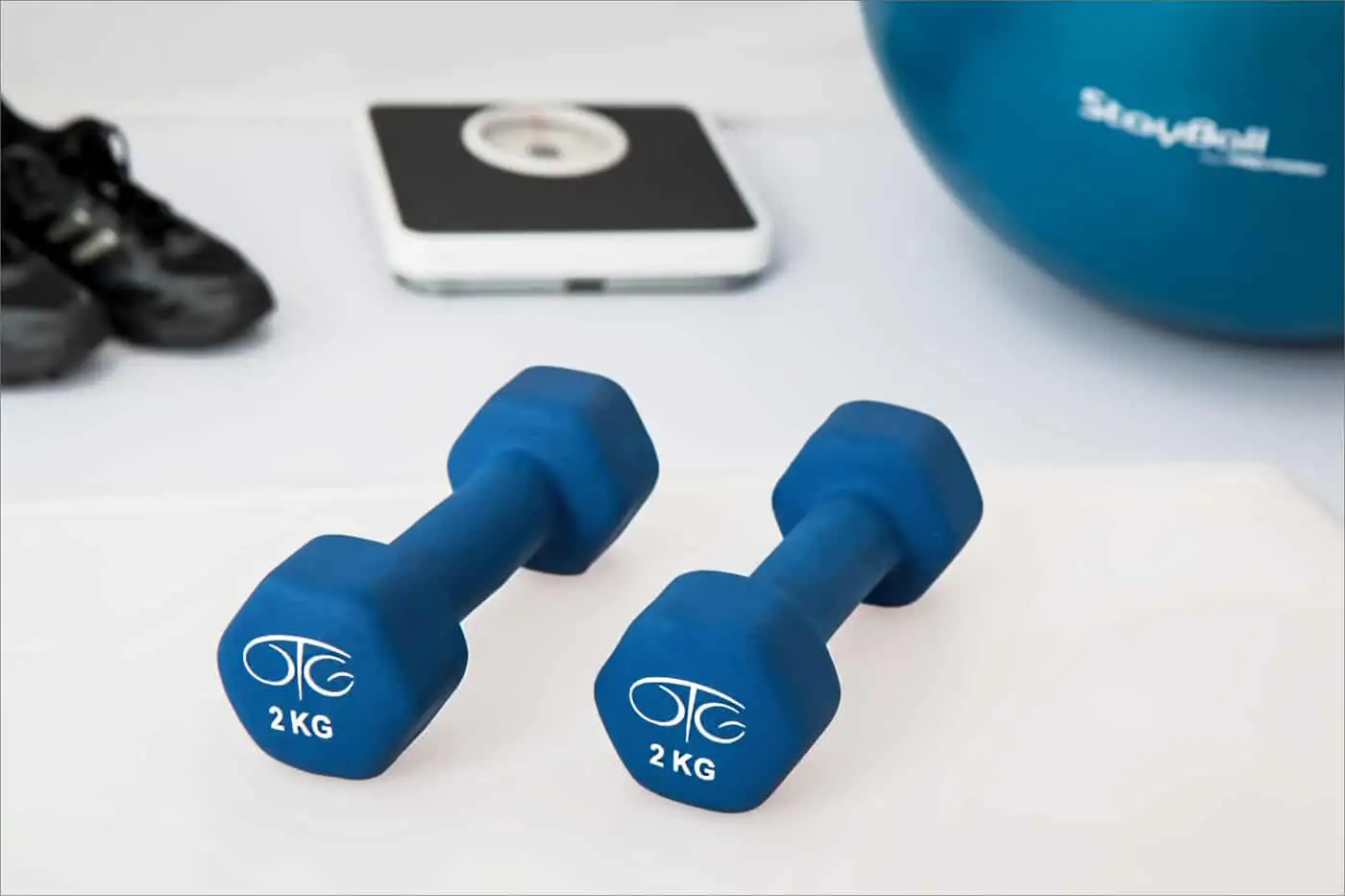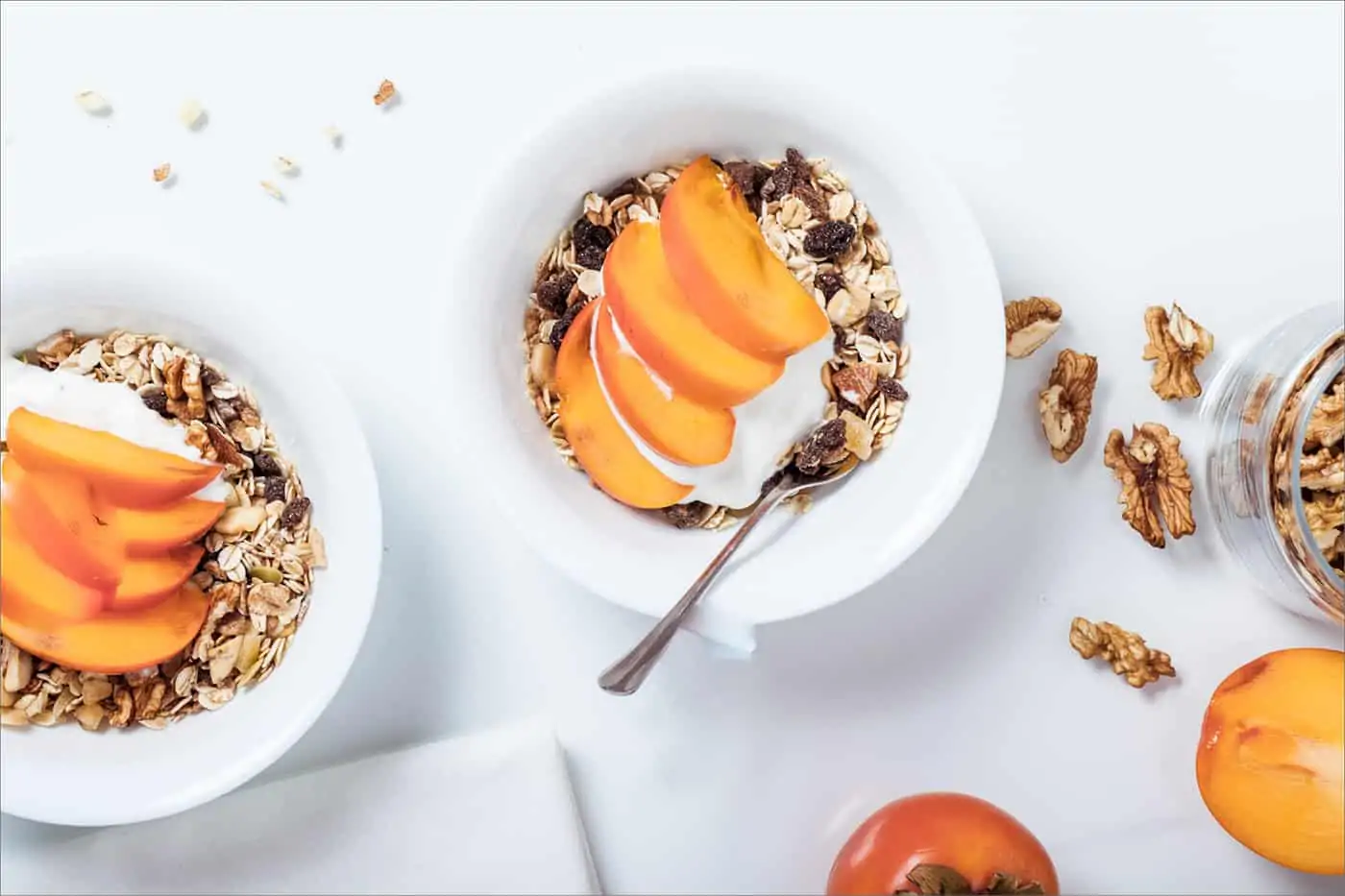As an ESSA Accredited Exercise Scientist & former University Professor in Exercise Sport Science & Wellness, one of the most frequent questions I get asked is: “what is the best way to maintain weight or prevent weight gain?”
Wouldn’t it be great if there was just a simple one answer response to this question? In addition, just as all humans are all uniquely and beautifully different, the same may be said for each person’s specific weight management practices. Nonetheless, there are some useful evidence-based tips & tools to help guide us along the right path.
The Dietitians Association of Australia (2016) states that “successful weight management requires a long-term commitment to a healthy lifestyle focused on eating healthy high nutrient foods and keeping physically active in a way that is sustainable and enjoyable”.
I wholeheartedly couldn’t agree more with this statement. Healthy eating & physical activity are genuinely the 2 key components in relation to weight management. Most tips/tools will build upon these 2 concepts.
To help guide you, I would like to shine some light on 5 simple tips to help take the right steps towards successful healthy weight management practices:
1. Embrace the idea of “Consistent Physical Activity/Exercise”
Many people shy away from exercise thinking they are “too old” or not “athletic” enough to engage in it. This couldn’t be any further from the truth. There is NO age limit to physical activity/exercise.
Find an activity you love and use it as a means to stay active. Dancing, power walking, tennis, golf, weight training, running, whatever it may be, aim to be moderately active for 60 minutes at least most days of the week as a starting point and then build from there.
2. Understand your “Caloric/Kilojoule Budget” requirements.
Just like knowing your heart rate, blood pressure or cholesterol levels, it is important to understand the amount of calories/kilojoules your body requires to thrive with energy but also to maintain a healthy body weight. Consuming too little or too many cals/kjs can be detrimental to our health so it is important to understand how much our body actually requires.
As we age, our need for energy from food slowly decreases, so it is imperative to keep this in mind too. Also, it is important to note that the more active or physically demanding our jobs are, or the more muscle we have in our bodies, relates to a higher need for energy from food.
Be mindful though, this may change during certain times in your life.
3. Develop a healthy relationship with Non-Starch Vegetables.
For many years, a powerful tool I use when coaching clients is to encourage them to start eating more non-starch vegetables, especially at lunch and dinner time.
An example would be to begin consuming at least 1 cup with lunch and dinner. Not only does eating non-starch vegetables help with the fullness factor of meals, it will also help control caloric intake, offer fibrous benefits, nutrients, essential vitamins & minerals, and will add variety, flavour and unique tastes. Also, non-starch vegetables are relatively affordable so will help with saving money too.
Here is a helpful video I have created to help you with easy lunch & dinner creations:
4. Earn it or Burn it Policy
(Please note, this tip may be counterproductive for individuals recovering from disordered eating practices)
A useful tip I discovered from my graduate school professor was when it comes to “treat/celebration foods & beverages such as alcohol” try to remain positive about it. There are no “good” foods or “bad” foods, only high nutrient foods and low nutrient foods/beverages.
Treats are perfectly OK to have in moderation, or even a little each day, this is called being “balanced”. However, it may be beneficial to note that if we are over consuming with treat foods/alcohol, to either employ an earn it or burn policy via increased exercise or movement.
This will help with energy expenditure in the body & thus aid in lifelong weight management.
5. Adults: aim to achieve more than 10,000 steps a day.
Research suggests that adults should aim to take over 10,000 steps a day for increased health benefits.
This can be easily achieved by taking the stairs instead of the elevator/escalator, walking to and from work, parking further away, and going for walks during lunch time or with the kids/dogs.
I encourage the use of a pedometer or a step tracking tool to help you get started and stay accountable but also to celebrate your achievements too.
References
http://daa.asn.au/for-the-public/smart-eating-for-you/nutrition-a-z/weight-management/




